Gemini Lab
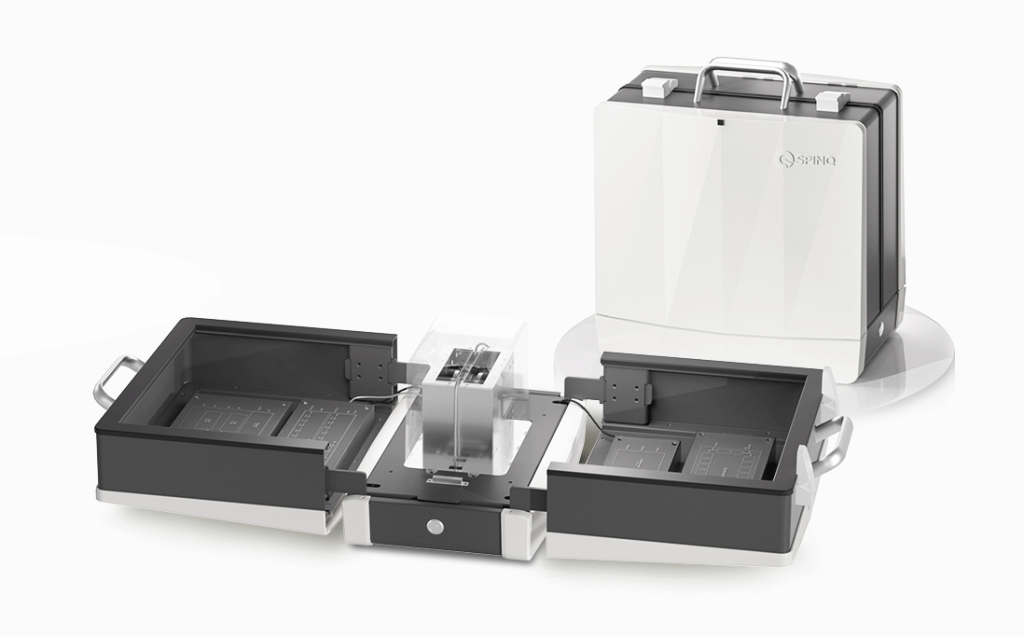
Gemini Lab
Quantum Computing Experimental Platform
Gemini Lab is a full-stack quantum computing experimental platform. It is based on the principles of NMR (nuclear magnetic resonance) quantum computing, equipped with advanced radio frequency technology and miniaturized quantum systems. Capable of conducting real quantum computing experiments in a classroom environment, it is well-suited for use as experimental teaching equipment and a research platform for undergraduate and graduate students in higher education institutions.
Benefits

Full-Stack Experimental Course Solution

Universal Quantum Computing Principles

Visualized Phenomena of Quantum Experiments

Hands-on real quantum experiments
Features
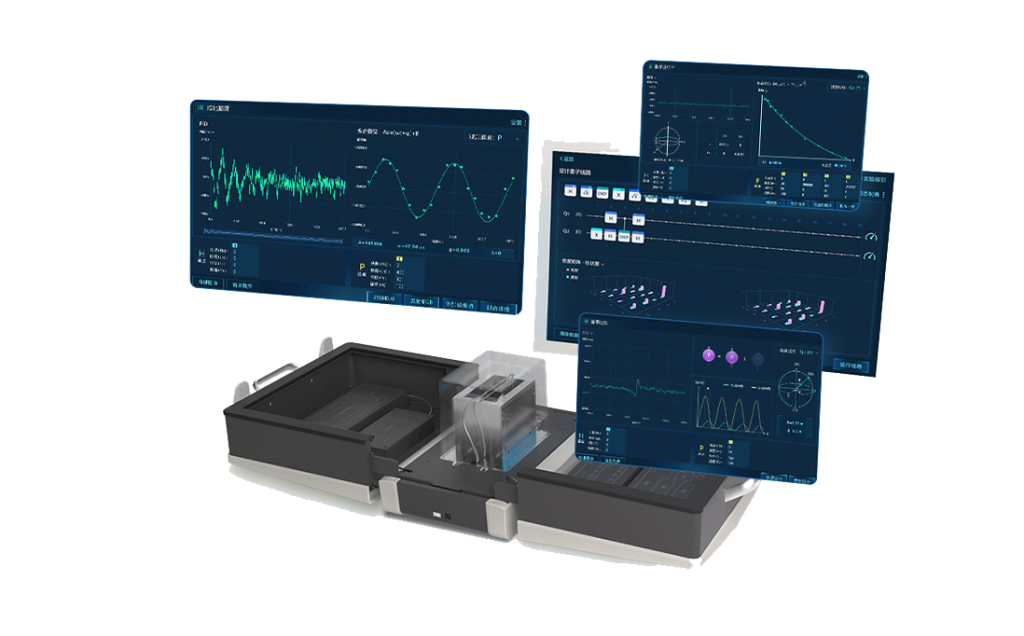
Quantum Computing Principles Experiment
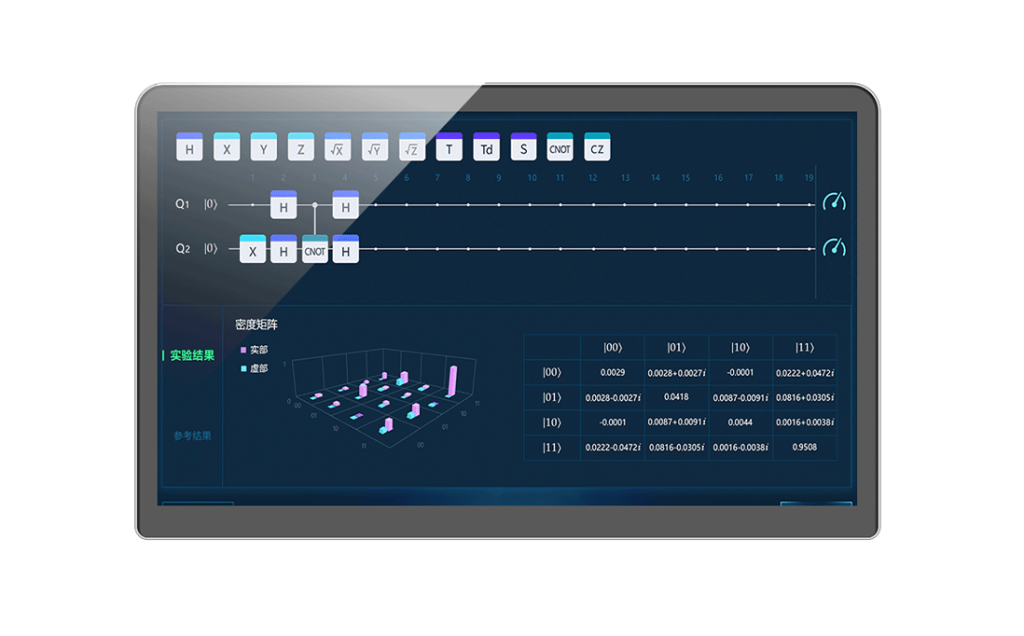
Quantum Algorithm Experiments
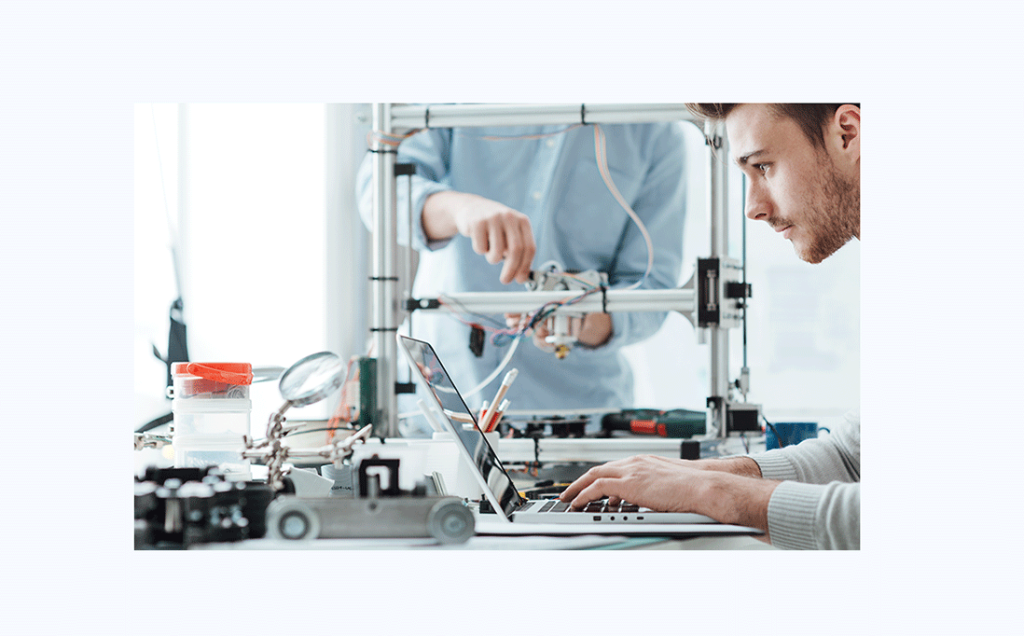
Comprehensive Quantum Technology Experiment
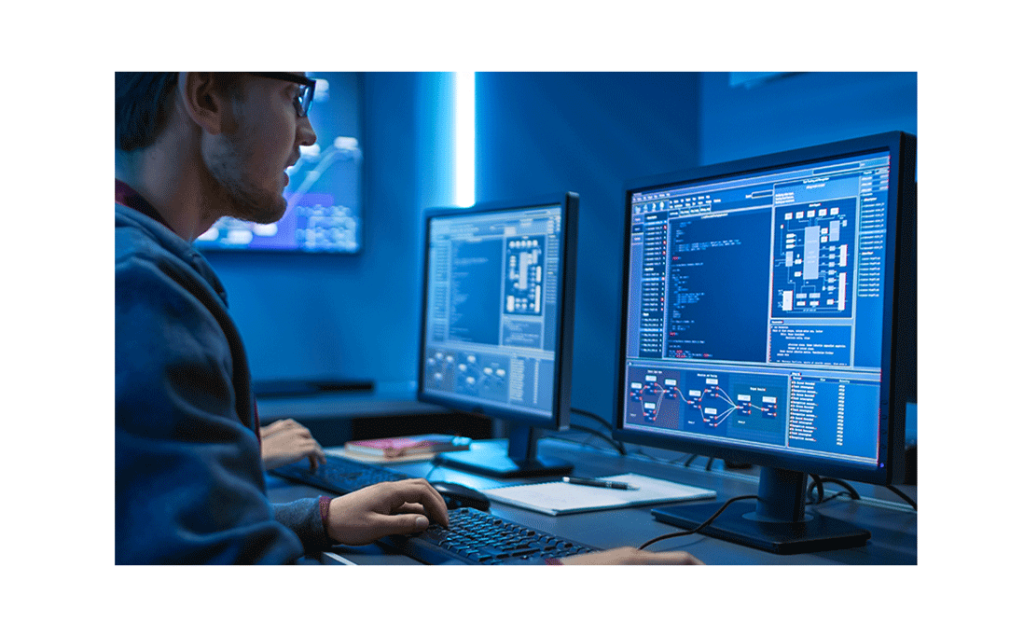
Research-oriented Experiments
Advantages
Open Structure
With visible internal structures and operable hardware modules, our quantum computer provides a unique opportunity to understand quantum information technology from a hardware perspective, making it an invaluable resource for users.
Comprehensive in Content
The experiment includes the foundational principles of quantum computing, control techniques, quantum algorithms, programming languages, research topics, and underlying hardware.
Stable Performance
Benefit from NMR, known for superior controllability and prolonged stability - leading the way in quantum computing reliability.
Convenient Usage
With its compact size, maintenance-free operation, and room-temperature capability, experience real quantum computing in any classroom setting.

